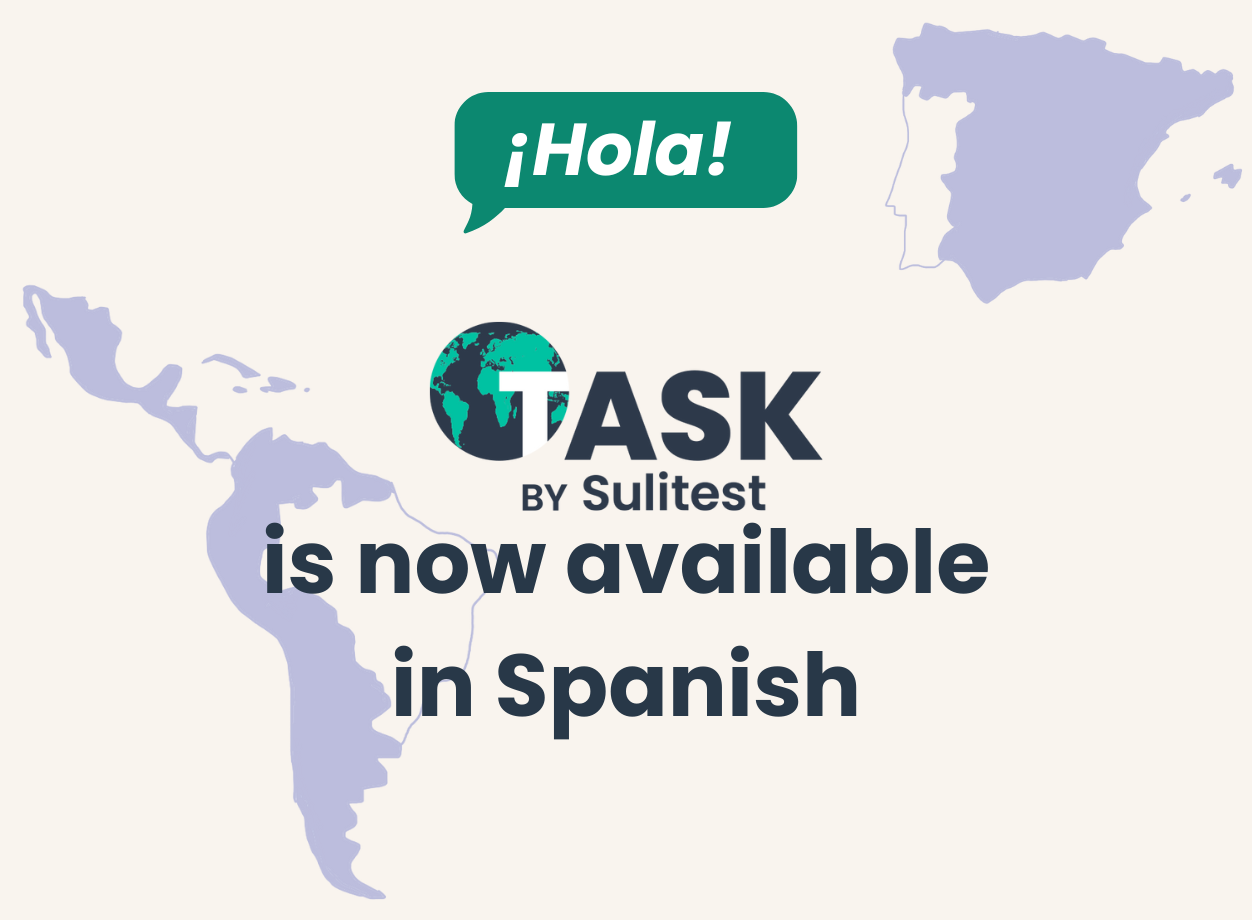
What do we know about biodiversity? Insights from TASK™ in the context of the BIOFIN-EU Project

As we face accelerating biodiversity loss, understanding how much people really know about biodiversity—particularly those positioned to influence financial flows—is vital. Through our participation in the European Union-funded project, BIOFIN-EU, Sulitest has been investigating knowledge trends to help bridge the gap between finance and biodiversity. This blog explores findings from our global sustainability knowledge assessment, TASK™, and reflects on the urgent need to upskill future finance leaders to address one of our planet’s most pressing challenges.
Biodiversity: a crisis of awareness
Despite growing awareness of environmental issues, biodiversity often remains an underrepresented topic in both public discourse and educational programs. The latest IPBES Global Assessment warns that around 1 million species face extinction unless urgent action is taken. But if decision-makers in finance and business are unaware of the drivers of biodiversity loss—or how they can be part of the solution—how can we expect meaningful financial flows into nature-positive solutions?
This is where the BIOFIN-EU project comes in. BIOFIN-EU (Protecting and Restoring Biodiversity Using Mainstream Finance) aims to unlock and accelerate financial flows to protect and restore biodiversity, through better alignment of regulation, business models, financial instruments, and the skills of the people behind them. Sulitest supports this mission by analyzing sustainability knowledge and building capacity among current and future finance professionals.
What TASK™ tells us about biodiversity knowledge
As part of this effort, we analyzed over 45,000 TASK™ assessments from students at 80+ higher education institutions worldwide.
TASK™ measures sustainability knowledge across three core dimensions: Earth Systems, Human Welfare, and Levers of Opportunity. Focusing on themes most relevant to BIOFIN-EU, our analysis revealed some concerning trends:
- Lower average scores in biosphere integrity compared to climate change, indicating a limited understanding of biodiversity among respondents.
- Within the Levers of Opportunity theme, knowledge of Macroeconomics and Finance and the role of Laws, Policies and Institutions in promoting sustainability was notably weaker than other levers—especially concerning, given BIOFIN-EU’s emphasis on financial system transformation.

Business students show a critical knowledge gap
Given BIOFIN-EU’s focus on building capacity in the finance sector, we looked specifically at students from business studies backgrounds, comparing them to peers studying environmental sciences or sustainability.

The findings were clear:
- Business students scored lower across all environmental topics, including biodiversity, ecosystem services, and planetary boundaries.
- They also underperformed in levers of change, suggesting a lack of awareness about how their future roles in finance and business can be used to drive biodiversity-positive outcomes.

From awareness to action: building capacity for biodiversity finance
To respond to this need, Sulitest led a workshop within the BIOFIN-EU project to co-develop a conceptual framework that will help educators and trainers better equip finance students and professionals with the understanding to support nature-based solutions (NbS) and biodiversity-aligned business models.
This framework is designed to complement the NbS Dashboard, developed within BIOFIN-EU to categorize and guide good governance and financing structures for biodiversity projects.
Resources for educators and trainers
For educators looking to strengthen their biodiversity finance content, the following resources are featured in our TASK™ Navigational Charts:
- The IPBES Global Assessment on Biodiversity and Ecosystem Services
Stay tuned for more resources as we advance our collaboration with BIOFIN-EU
Closing the biodiversity knowledge gap: the financial sector must act—and learn
Unlocking biodiversity finance isn’t just about creating new investment vehicles. It’s about upskilling the professionals who design, regulate, and allocate financial resources. Our data shows we have a long way to go—but also a clear path forward.
Biodiversity loss is not just an environmental issue—it’s a business and finance issue. The findings from TASK™ underscore the urgency of embedding biodiversity literacy into finance education and professional development.
Sulitest is proud to contribute to this transformation through our role in BIOFIN-EU. By helping finance professionals understand biodiversity risks, governance tools, and financing mechanisms, we aim to build a generation of leaders equipped to shift capital flows toward a nature-positive future.












